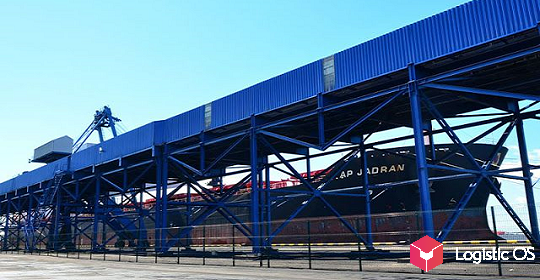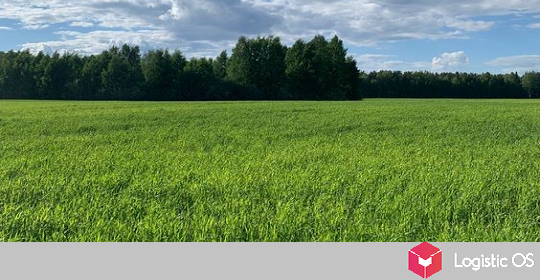Currently, cooperation between Russia and Algeria in the supply of agricultural products is expanding; experts see great potential in this relationship.
The main types of Russian agricultural products that currently end up in Algeria are grain and vegetable oils.
However, in the near future it is also planned to increase the supply of other types of products. For example, meat and dairy.
The most important point is that Russia and Algeria have agreed on phytosanitary and veterinary requirements for such supplies, so there should be no problems with this.
“Since 2021, Russia and Algeria have been consistently eliminating barriers to bilateral trade.
Thus, about a year ago, phytosanitary barriers to the export of Russian wheat were removed, and at the end of October 2023, an agreement on cooperation in the field of veterinary medicine was signed, which opens up the opportunity for the export of Russian meat and dairy products to Algeria,” noted the director of the department of international cooperation and development export of agricultural products of the Ministry of Agriculture of the Russian Federation Maxim Markovich.
Algeria is of great interest to Russian farmers. For example, this country is the world’s largest importer of powdered milk, which opens up great opportunities for developing relations in this area.
Currently, about 10 Russian companies are negotiating the supply of dairy products to Algeria.
In general, from 2018 to 2022, Russian agricultural exports to Algeria increased 4 times. In the future, it may increase further and reach a significant value of about $1.5 billion, experts say.
In addition, Algeria requires meat and fish; this is also a promising area for cooperation.
Algeria still lacks its own meat production, so it requires about 50 thousand tons of lamb and beef per year.
Russia has every chance to take a significant part of this market for itself.
Since Algeria is developing its own livestock farming, it also requires animal feed. Again, this is a chance for Russia to increase supplies of feed crops, such as corn, barley and soybeans.
Algerian partners are completely satisfied with Russian products.
“Russia has become one of the largest grain suppliers to Algeria.
Russian wheat can compete due to price and high quality.
These factors allow for the development of trade, and the political conditions, supported by commercial interests, ensure the sustainability of our partnership,” said Nasreddine Messaoudi, Director General of the Algerian Interprofessional Cereals Office (OAIC).

